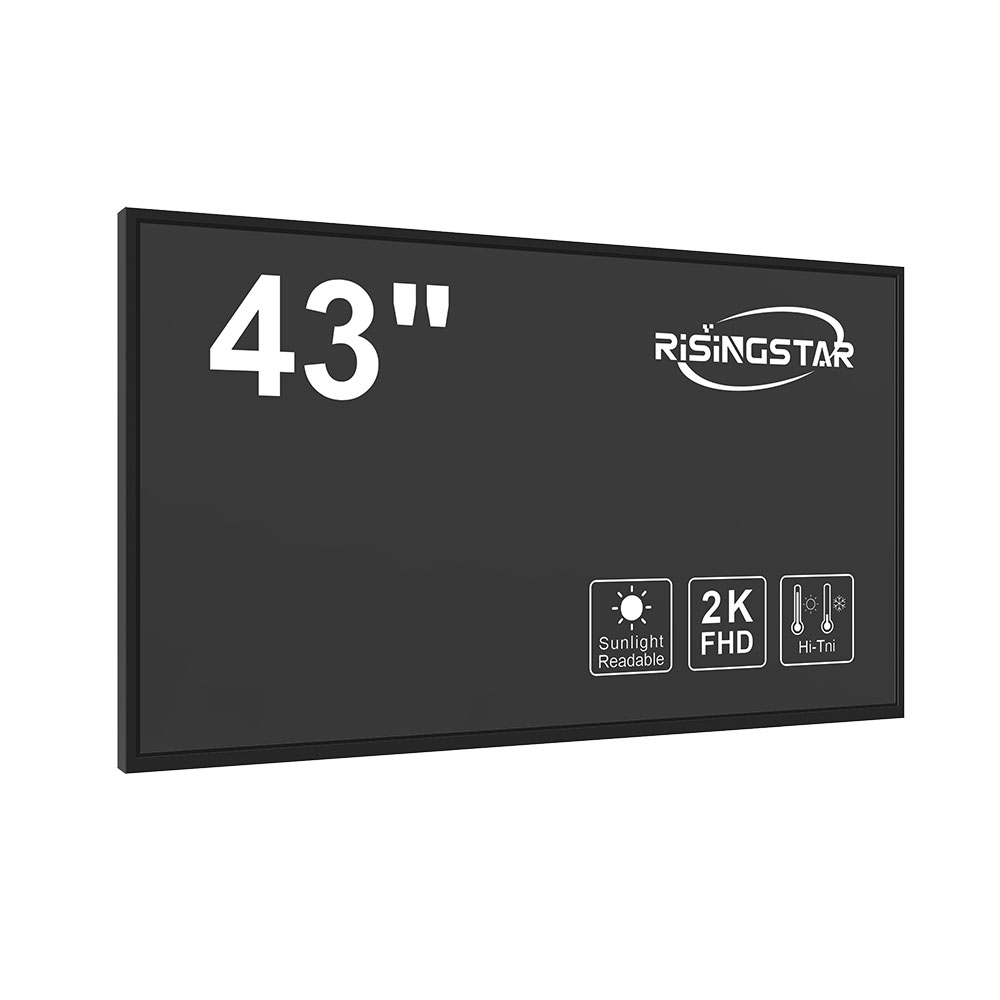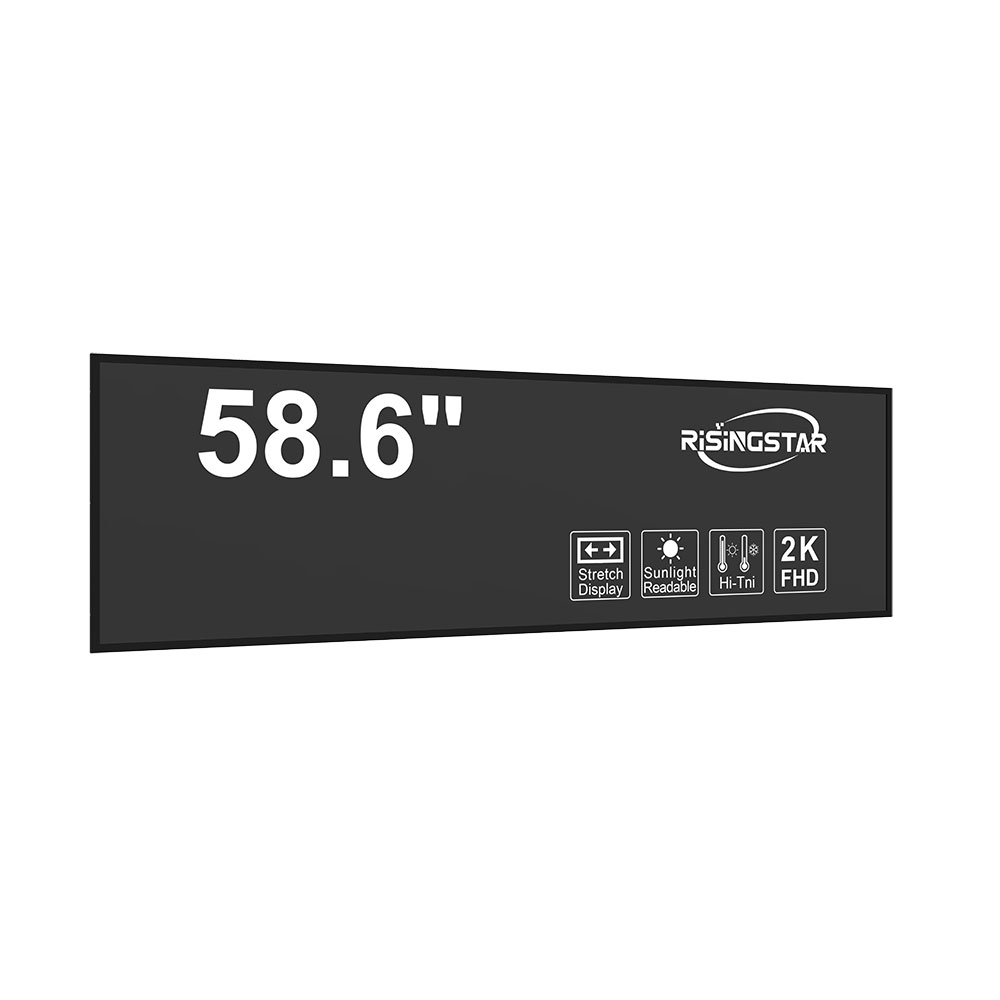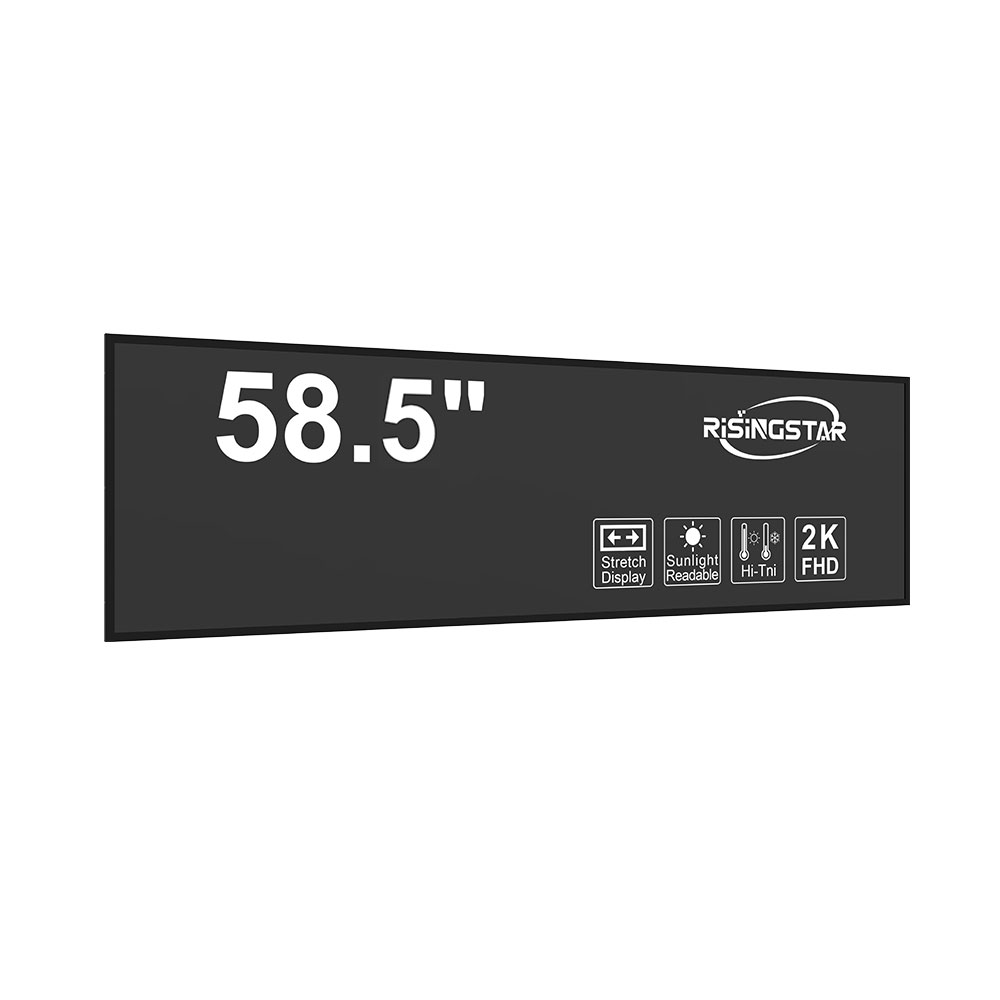
Privacy statement: Your privacy is very important to Us. Our company promises not to disclose your personal information to any external company without your explicit permission.
Outdoor LCD screens have become indispensable in modern urban infrastructure, from digital signage in transit hubs to interactive kiosks in retail spaces. Their ability to deliver clear visuals even under direct sunlight makes them ideal for public-facing applications. However, selecting the right outdoor LCD screen requires more than just screen resolution—it demands an understanding of environmental resilience, brightness standards, and maintenance best practices.
According to the International Electrotechnical Commission (IEC) standard IEC 60068-2-14, outdoor displays must withstand temperature extremes ranging from -30°C to +60°C, while IP65-rated enclosures ensure protection against dust and water jets. For instance, a well-designed outdoor screen used in a Tokyo subway station must endure high humidity, UV exposure, and frequent condensation changes—factors that can shorten the lifespan of poorly engineered units.
One of the biggest advantages of outdoor LCDs is their energy efficiency compared to older CRT or LED alternatives. Modern OLED and IPS LCD panels consume up to 40% less power while maintaining superior color accuracy under sunlight. Additionally, adaptive brightness control systems automatically adjust luminance based on ambient light, reducing glare and extending backlight life.

Common problems include premature aging of LEDs due to poor heat dissipation, image retention from static content, and moisture ingress through inadequate sealing. In a case study by LG Display, 78% of outdoor screen failures in Southeast Asia were traced to insufficient ventilation design—a problem preventable with proper thermal management using passive heatsinks or active cooling fans.
The latest trend in outdoor display technology includes AI-driven content optimization. Smart screens now analyze foot traffic patterns and adjust content dynamically—boosting engagement by up to 60%, according to a 2023 report by Futuresource Consulting. Furthermore, modular designs allow for easy panel replacement without full unit downtime, improving ROI for businesses relying on continuous operation.

For end-users, regular cleaning with non-abrasive microfiber cloths and scheduled firmware updates are essential. A proactive maintenance schedule can extend screen life by 3–5 years beyond manufacturer estimates. As cities continue to adopt smart infrastructure, choosing durable, intelligent, and sustainable outdoor LCD solutions will remain critical for long-term success.

Email to this supplier

Privacy statement: Your privacy is very important to Us. Our company promises not to disclose your personal information to any external company without your explicit permission.